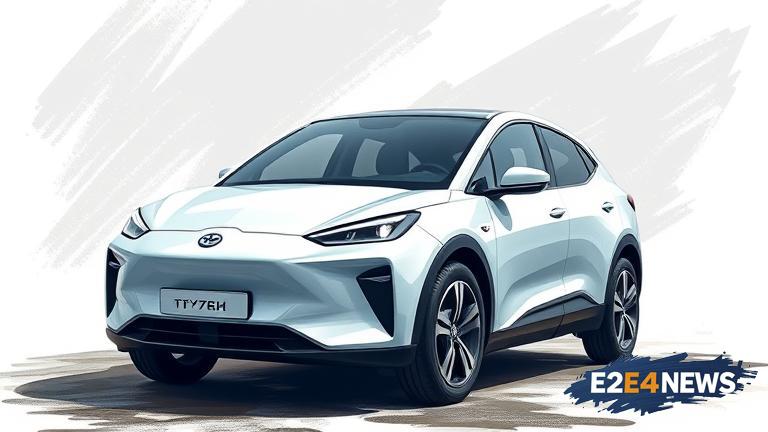The Indian government has announced a comprehensive plan to promote the adoption of electric vehicles (EVs) in the country. The plan includes a range of incentives and initiatives to encourage the use of EVs, including tax exemptions, subsidies, and investment in charging infrastructure. The government aims to have at least 30% of new vehicle sales be electric by 2030. To achieve this goal, the government will provide subsidies to manufacturers of EVs and charging equipment, as well as to consumers who purchase EVs. Additionally, the government will invest in the development of charging infrastructure, including the installation of charging stations along highways and in urban areas. The plan also includes measures to promote the use of EVs in public transportation, such as buses and taxis. The government will provide incentives to state governments that promote the use of EVs in their public transportation systems. The plan is expected to have a significant impact on the environment, as EVs produce zero emissions and can help reduce air pollution in urban areas. The government also expects the plan to create new job opportunities in the EV manufacturing and charging infrastructure sectors. The plan is part of the government’s larger effort to reduce the country’s dependence on fossil fuels and promote the use of renewable energy. The government has set a target of generating 40% of the country’s electricity from non-fossil fuels by 2030. The plan has been welcomed by the automotive industry, which sees significant opportunities for growth in the EV sector. However, some experts have raised concerns about the plan’s feasibility, citing the need for significant investment in charging infrastructure and the lack of standardization in EV technology. Despite these challenges, the government is confident that the plan will be successful and will help India become a leader in the global EV market. The plan is also expected to have a positive impact on the country’s economy, as it will create new opportunities for investment and job creation. Overall, the government’s plan to promote the adoption of EVs is a significant step towards reducing the country’s dependence on fossil fuels and promoting sustainable development. The plan is expected to have a major impact on the environment, the economy, and the automotive industry, and will be closely watched by other countries around the world.
